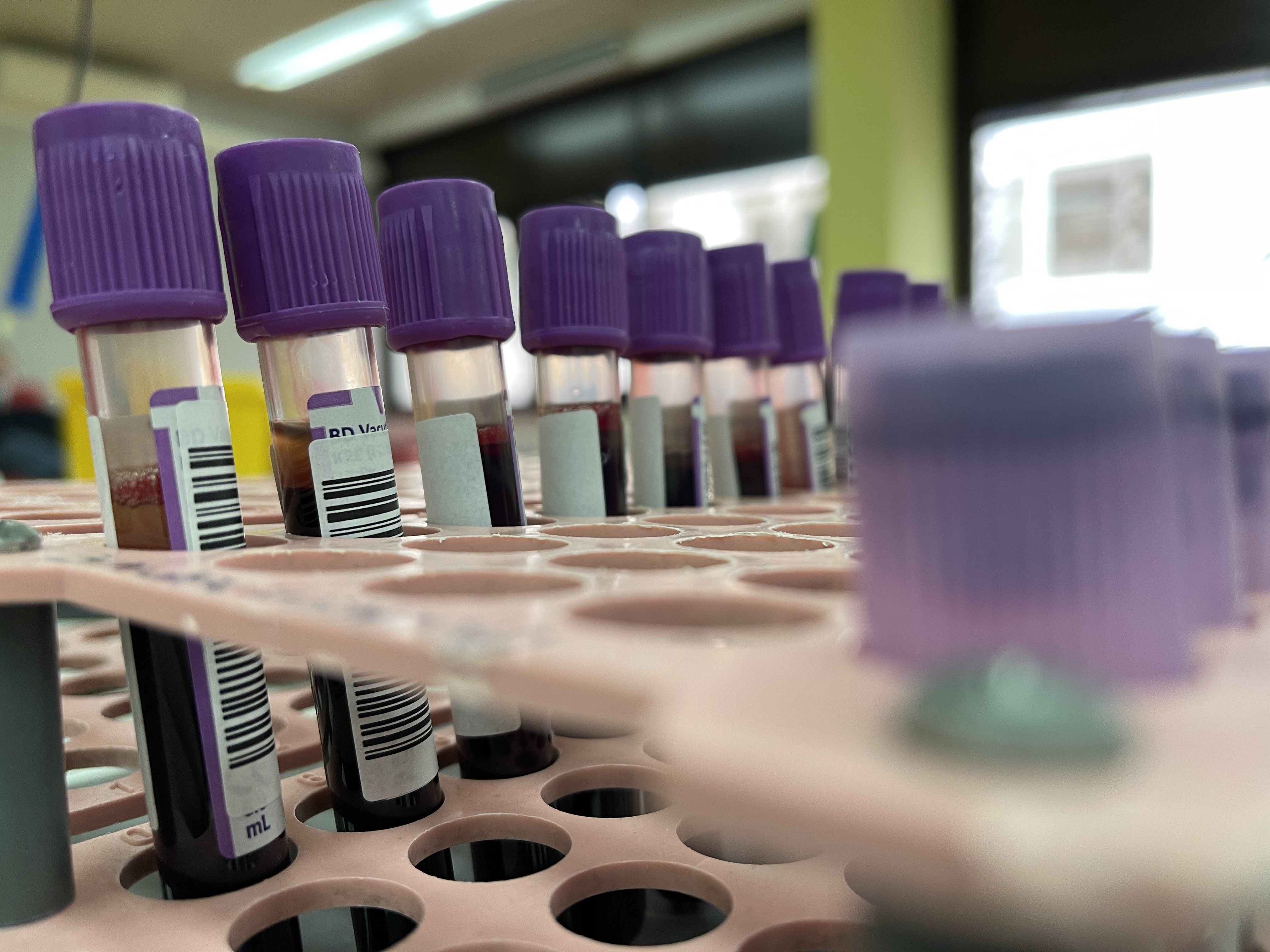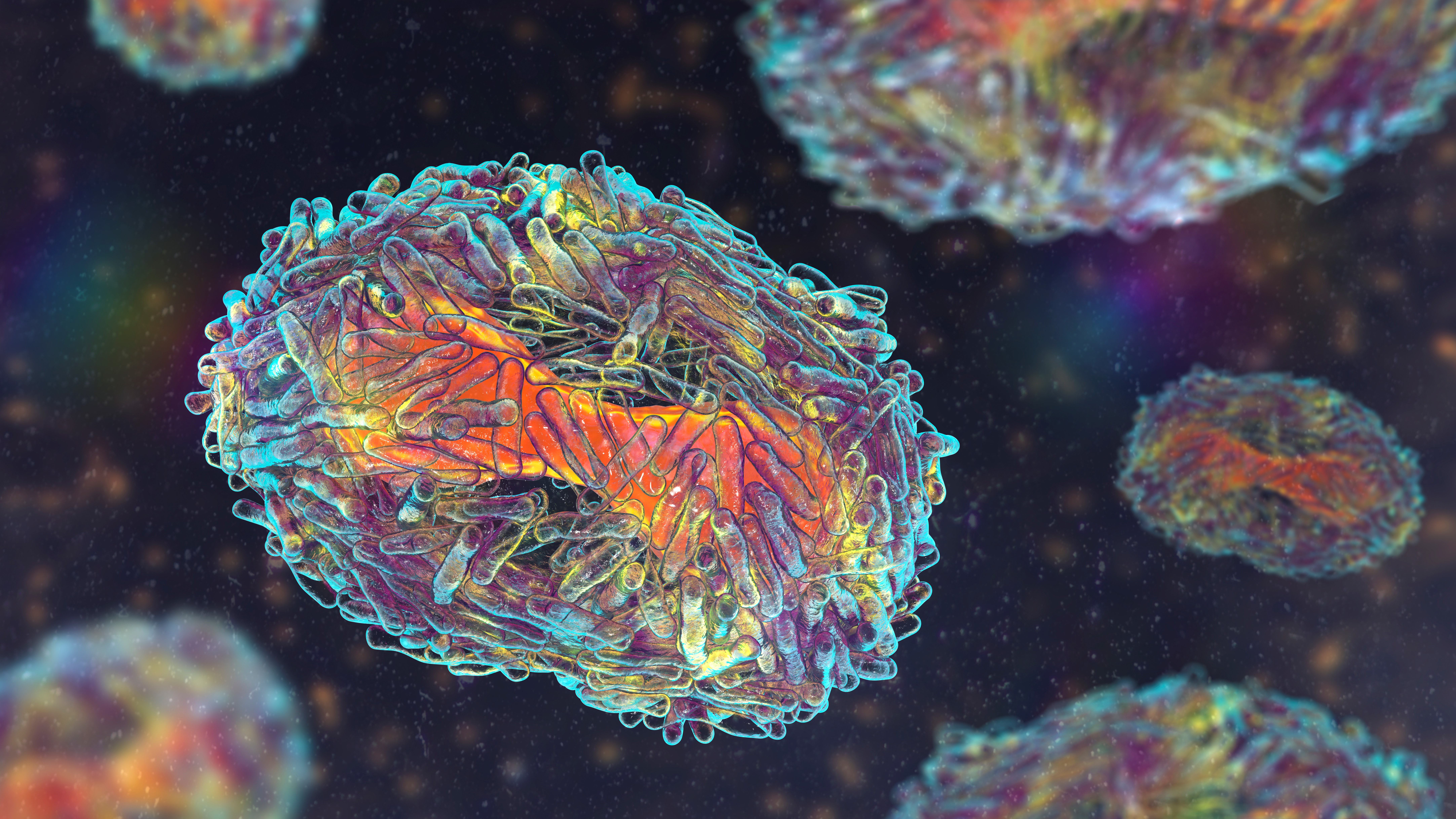College students heading back to campus this fall have another infectious disease threat to contend with: monkeypox. As cases continue to rise in Massachusetts, one concerned Boston doctor explains what students should watch out for.
Massachusetts saw a 37% jump in monkeypox cases across the state over a period of two weeks, according to the most recent data from the Department of Public Health. A total of 174 cases have now been confirmed in Massachusetts out of nearly 9,000 across the U.S. The rising cases is contributing to a growing concern among public health experts that college campuses could become a hot spot in the fall.
WATCH ANYTIME FOR FREE
Stream NBC10 Boston news for free, 24/7, wherever you are. |
"We always get concerned with certain communicable diseases, like infectious diseases, in close quarters, right? And you know, college and dorms can be one of those where we get concerned," Tufts Medical Center's Dr. Gabriela Andujar Vazquez told NBC10 Boston this week. "In regards to monkeypox, it's really skin-to-skin contact with the lesions and, you know, intimate contact. So we do worry."
Is monkeypox deadly and how does it spread?
Get updates on what's happening in Boston to your inbox. Sign up for our News Headlines newsletter.
Monkeypox is rarely fatal and no deaths have been reported in the U.S. so far, but patients often suffer debilitating pain from the skin rash caused by the virus. The disease is spreading primarily through skin-to-skin contact during sex, though it is not classified as a Sexually Transmitted Infection. Gay and bisexual men are at the highest risk of infection right now, public health officials say.
"We want the college students who are going out to back to school, or their first year of university or college, to know what to look for, right? Making sure that they know what the rash looks like," Vazquez said.
What are monkeypox symptoms to look for?
Monkeypox typically begins with flu-like symptoms and then progresses into a painful rash that can spread over the body. But symptoms in the current outbreak have been unusual. Some people are developing a rash first, while others get a rash without any flulike symptoms at all, Vazquez said. Many people have a localized lesions on the genitals or anus, according to public health officials.
"Some patients may not even have symptoms other than the rash. It may just be the rash, but you can have fever, chills, swollen lymph nodes, tiredness," Vazquez said. "But the key is the rash, which is basically what makes people contagious to others, and the rash looks a little bit like chickenpox."
Patients typically recover in two to four weeks without additional medical treatment, according to the Centers for Disease Control and Prevention. But some people are admitted to the hospital because the rash is so painful.
Sign up for our Breaking newsletter to get the most urgent news stories in your inbox.
Can you catch moneypox from surfaces?
Due to the nature of college life and the close proximity of dorms, students should keep the risk of monkeypox in mind, Vazquez said.
"There's a possibility that if you share beds, bed sheets, personal items, things that have your saliva or your bodily fluids and you were infected with the disease then you can contract the disease or be infected with it," Vazquez said. "We should be aware that we shouldn't be sharing personal items."
Health officials do not believe monkeypox is spreading through small aerosol particles like COVID-19, so sharing communal bathrooms or being in an enclosed space is not a concern, Vazquez said.
"It really has to be that skin-to-skin contact or intimate contact," Vazquez said. "Like if you're kissing, hugging for prolonged periods of time, which is why we keep saying intimacy or close direct contact."
More on Monkeypox in Mass.
A U.S. public health emergency was declared last week, a move that could facilitate access to emergency funds, allow the Biden administration to collect more data about cases and vaccinations, accelerate vaccine distribution and make it easier for doctors to prescribe treatment.
The Massachusetts Department of Public Health is giving out one dose of the vaccine at clinics after the state shifted its vaccine die to limited supply. Initially only offered in Boston and Provincetown, the program has expanded to include clinics in Worcester, Springfield, Lawrence, New Bedford, Framingham and Randolph.
Eligibility limits on who can get them remain in effect.



